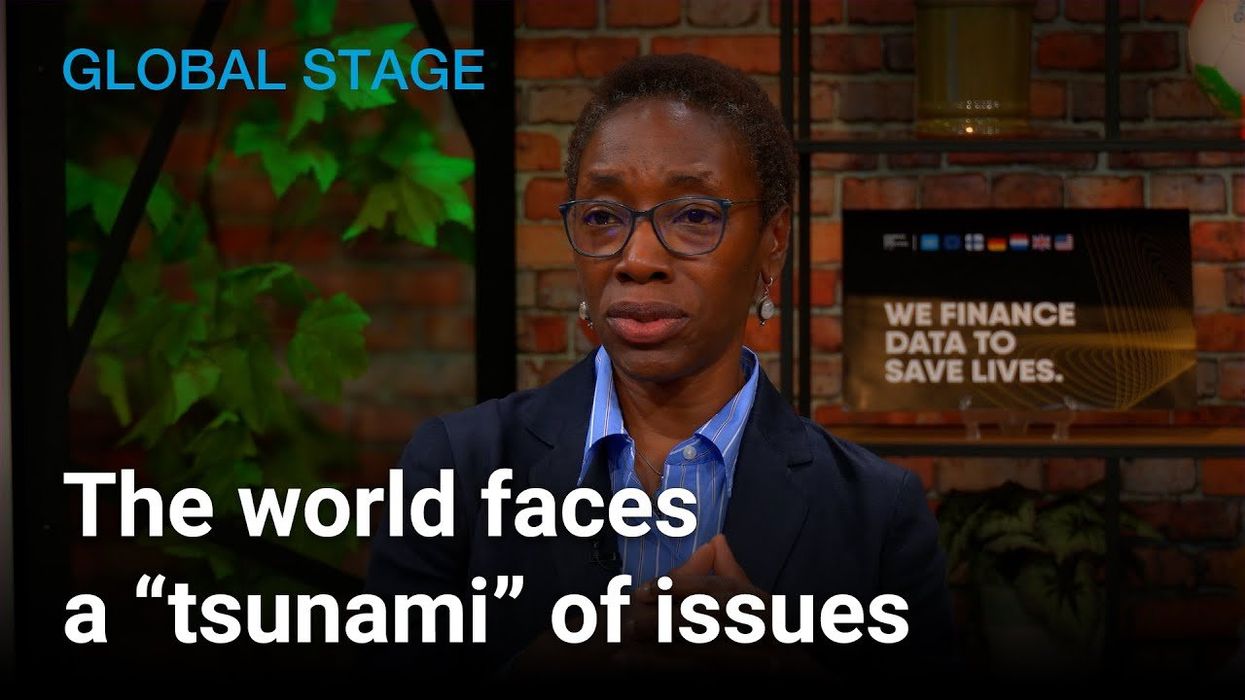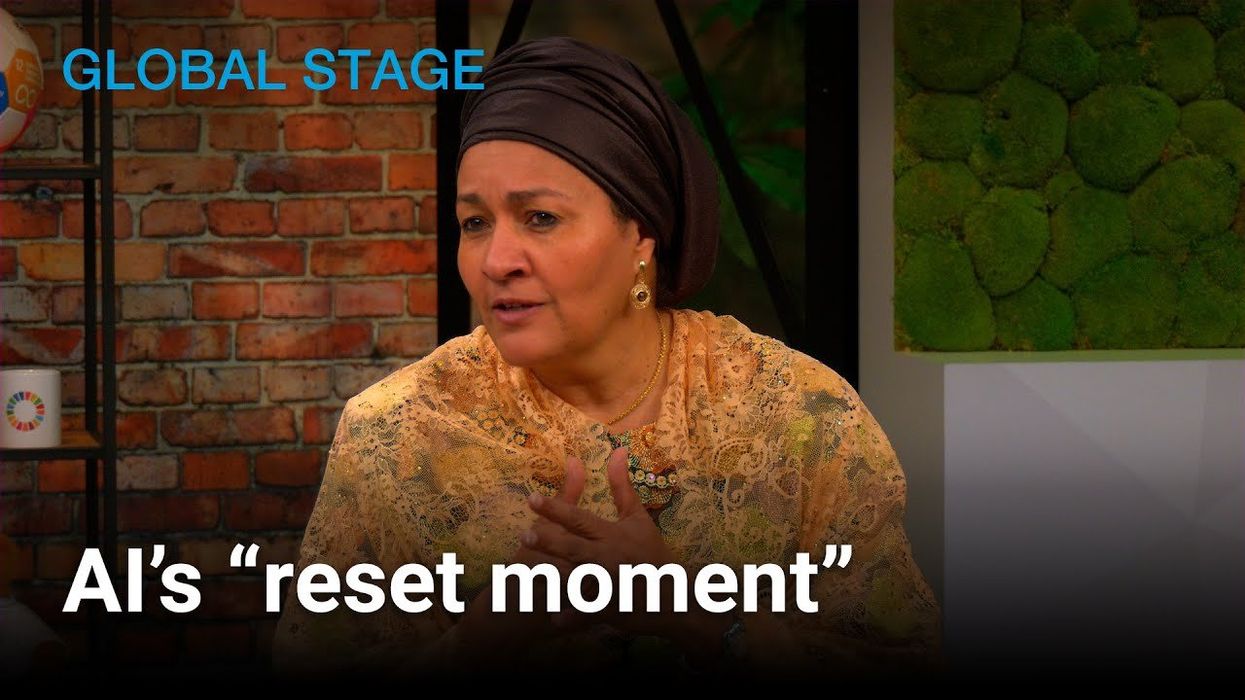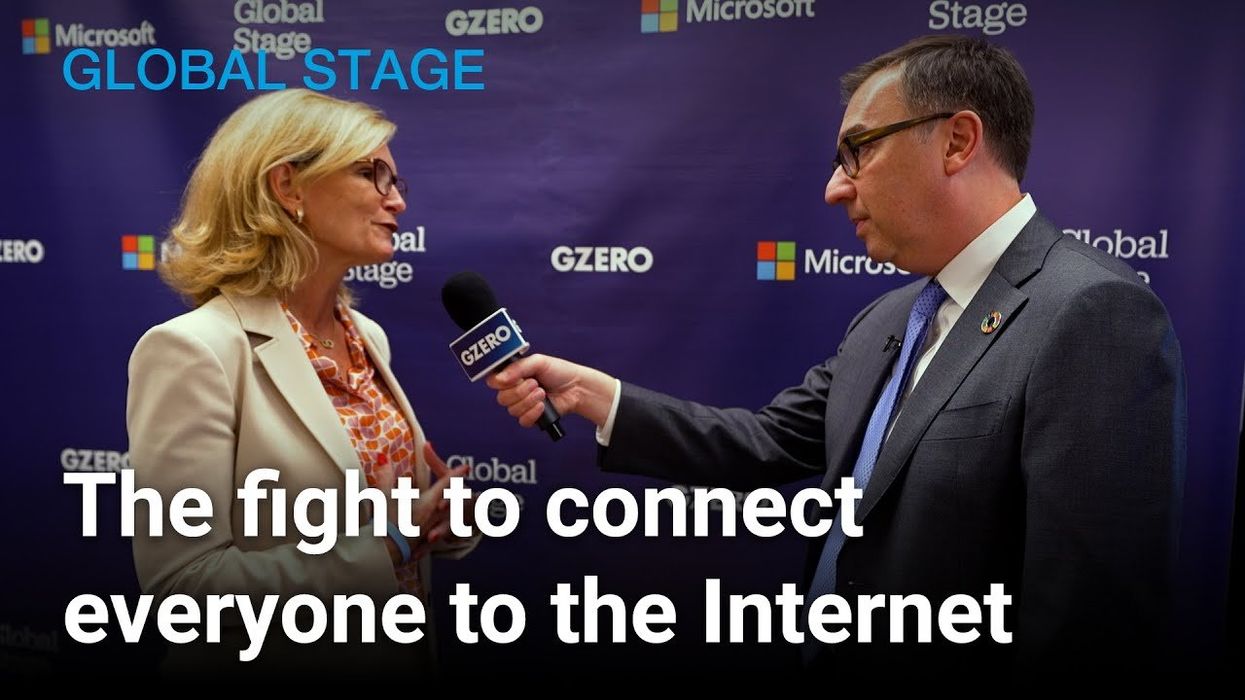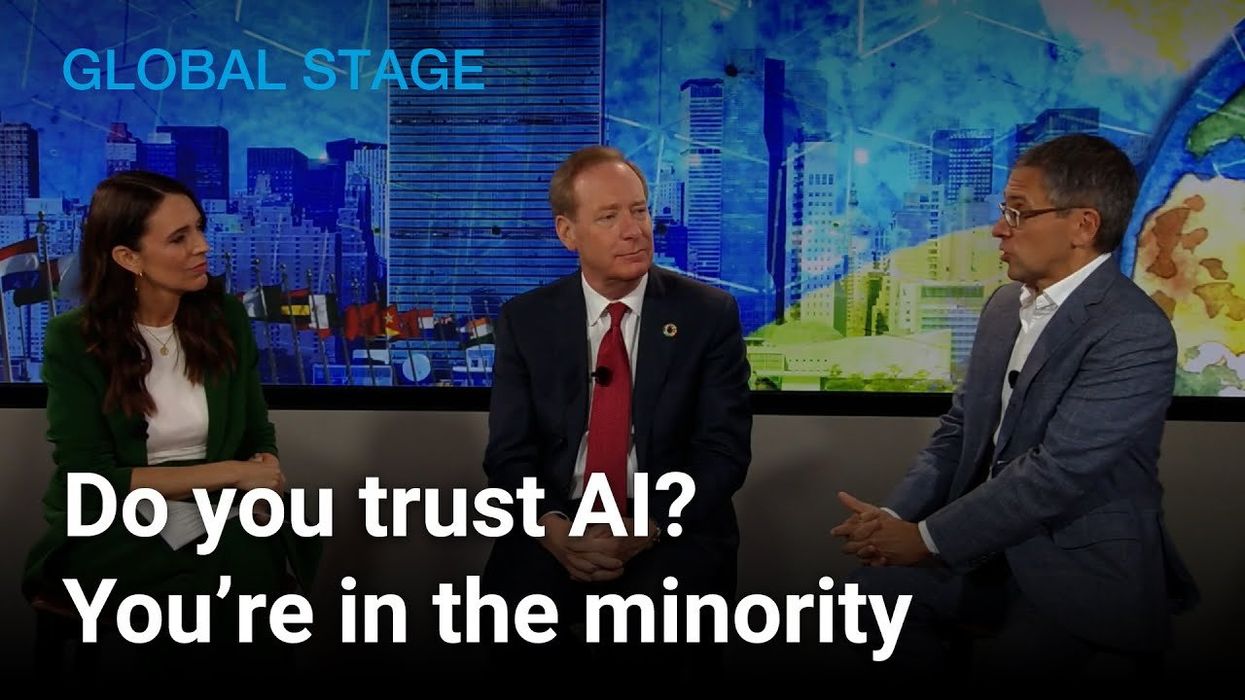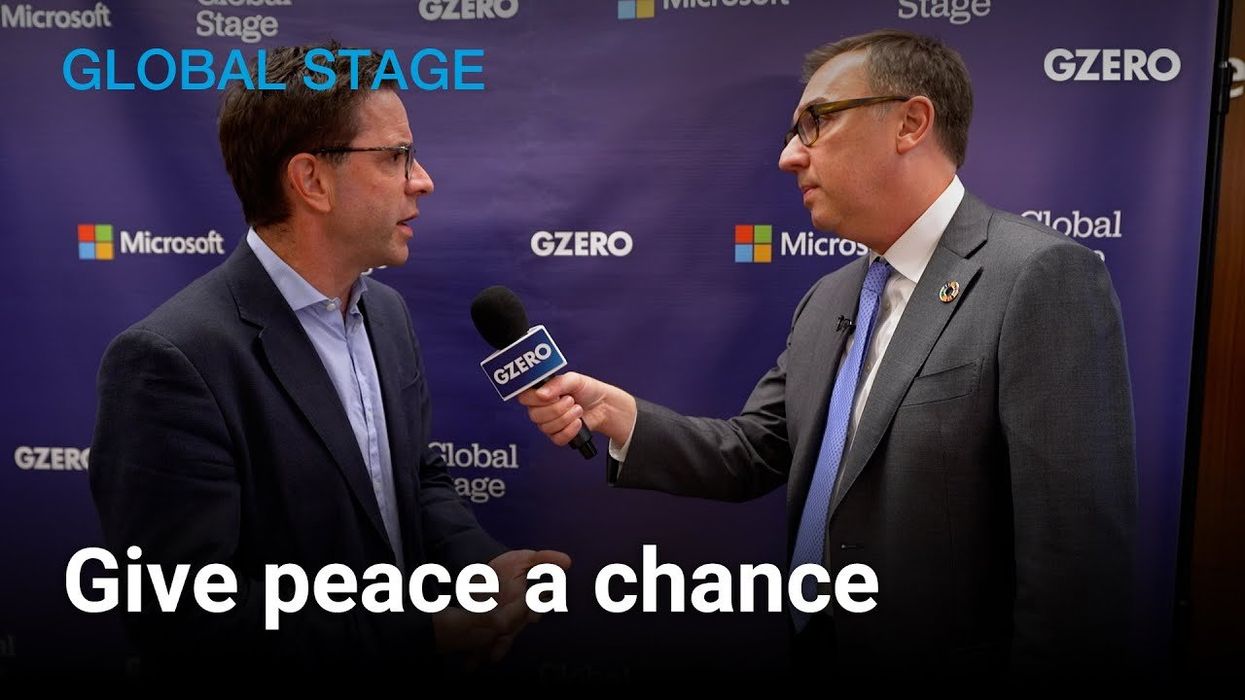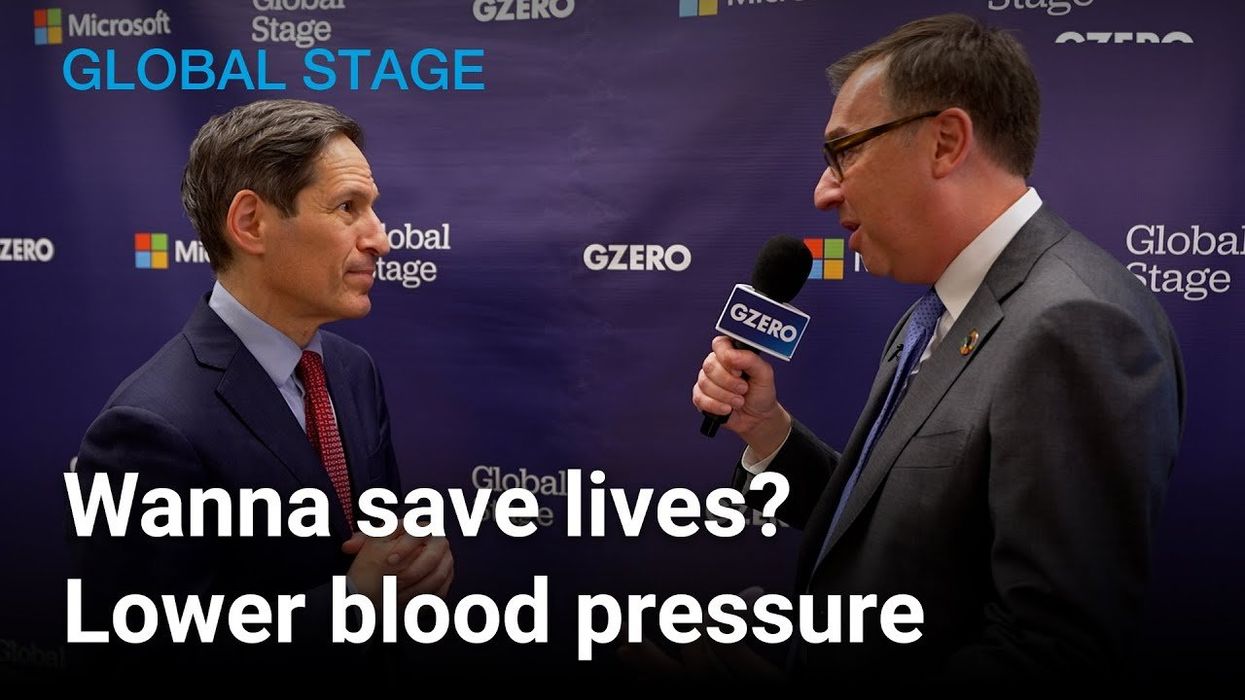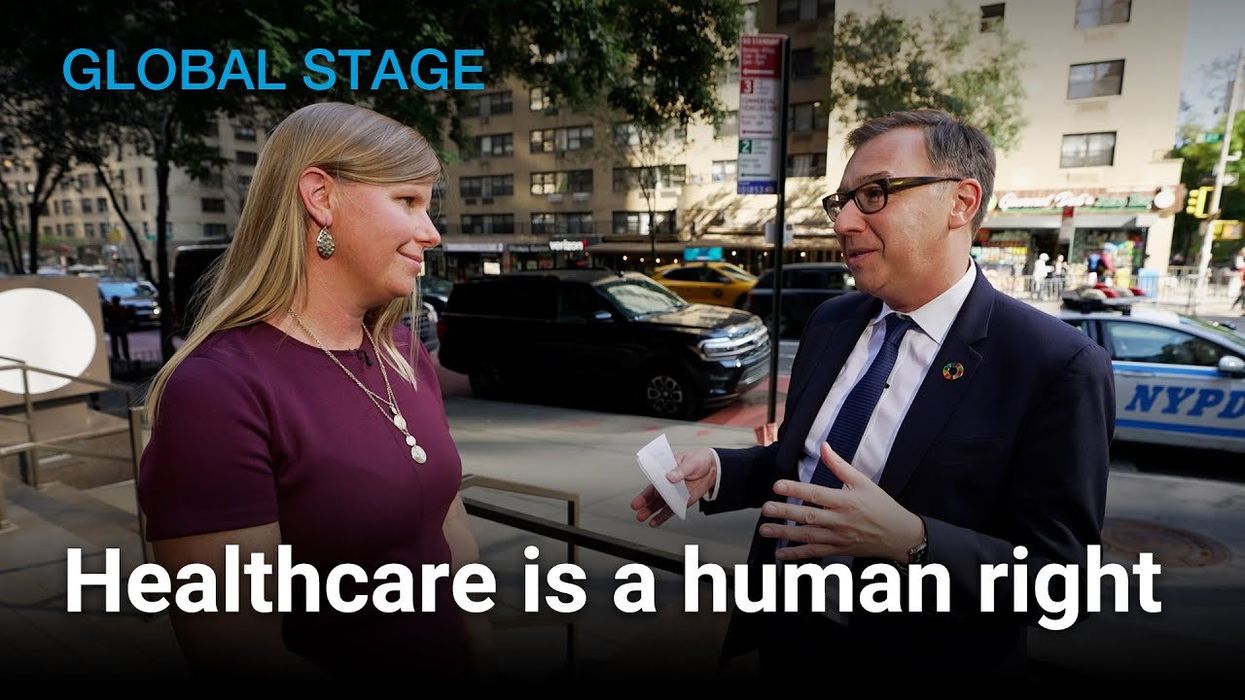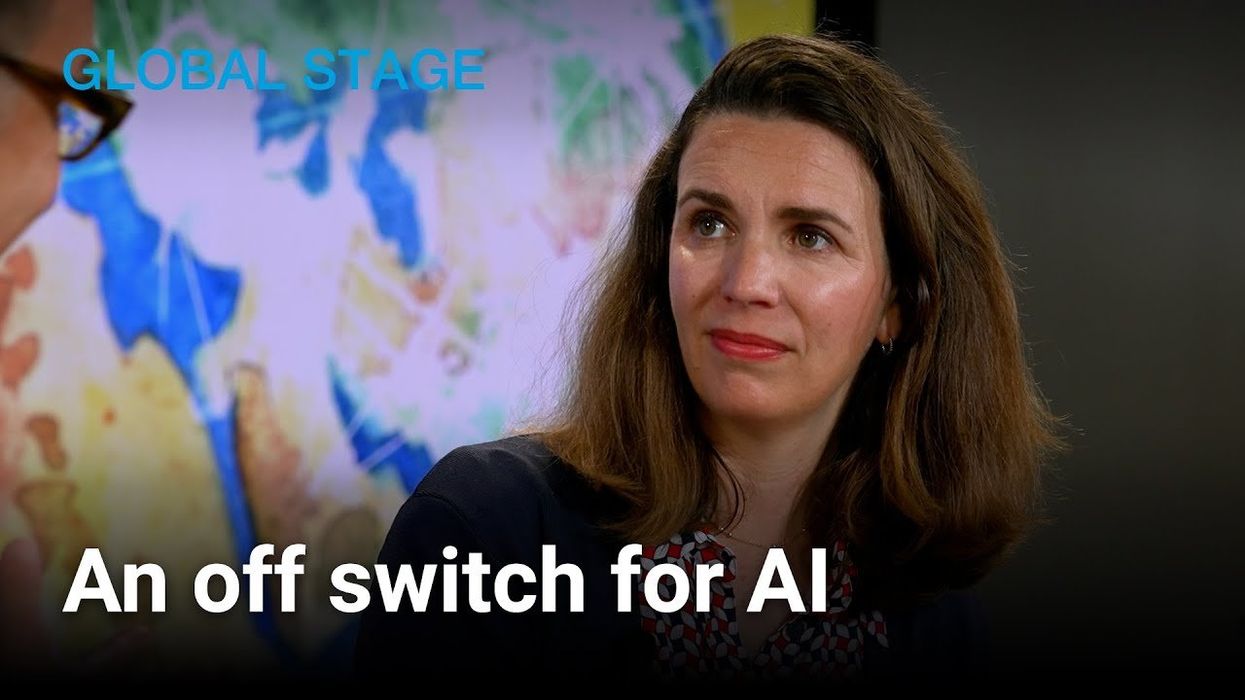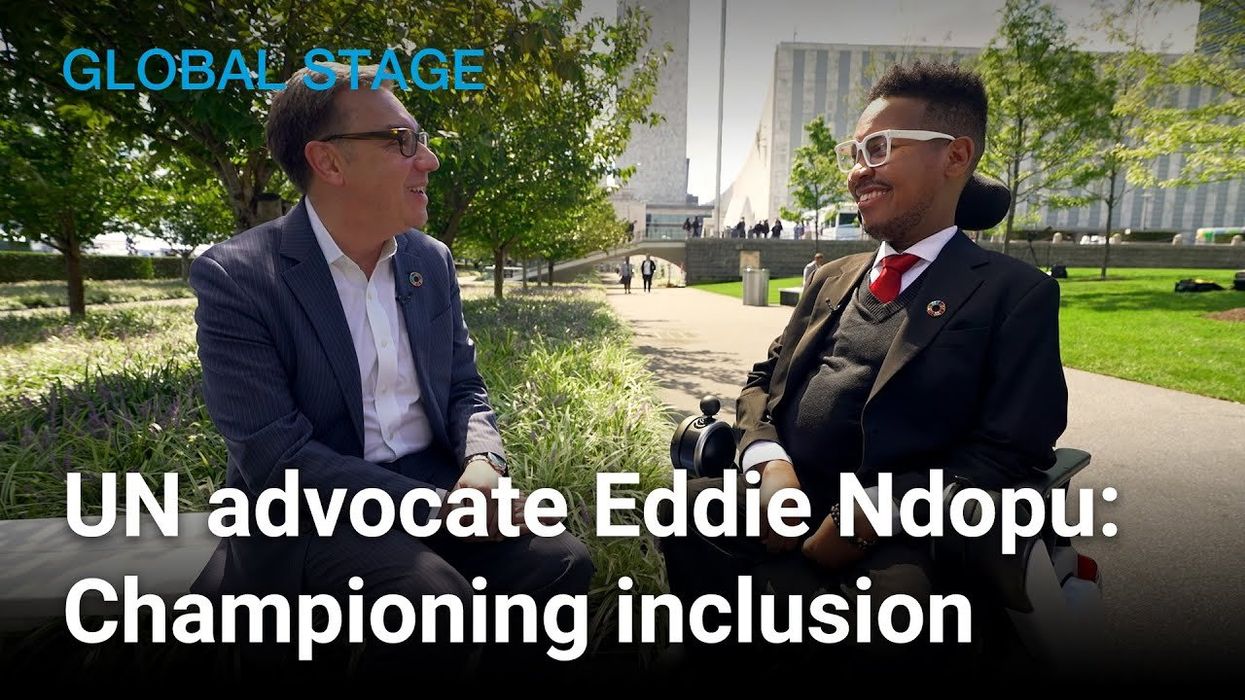Crisis Recovery
The state of multilateralism: Shaky, fragile & stretched to capacity
Dr. Comfort Ero of the International Crisis Group has spent her career tackling the most difficult conflicts in the world, often exacerbated by severe environmental or social disasters. But as the climate crisis and war in Ukraine compound the forces pushing many fragile societies to the brink, she says multilateral institutions like the United Nations are not prepared to meet the challenge.
Sep 27, 2023
